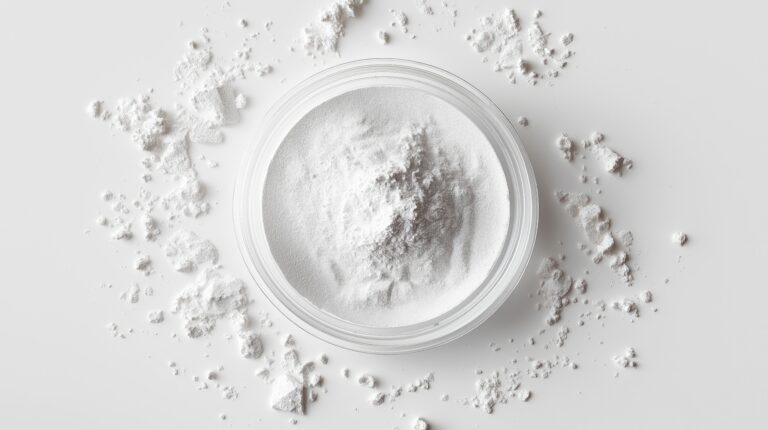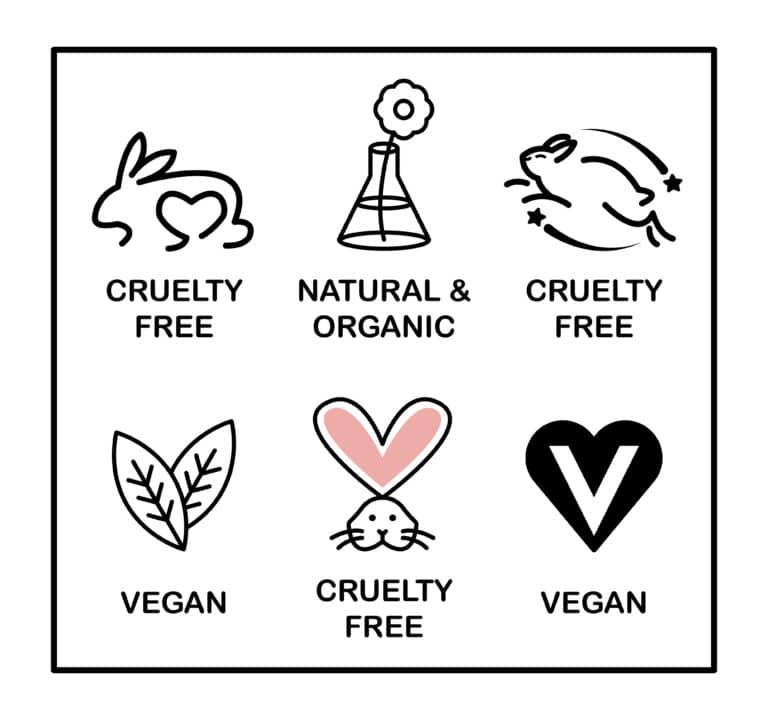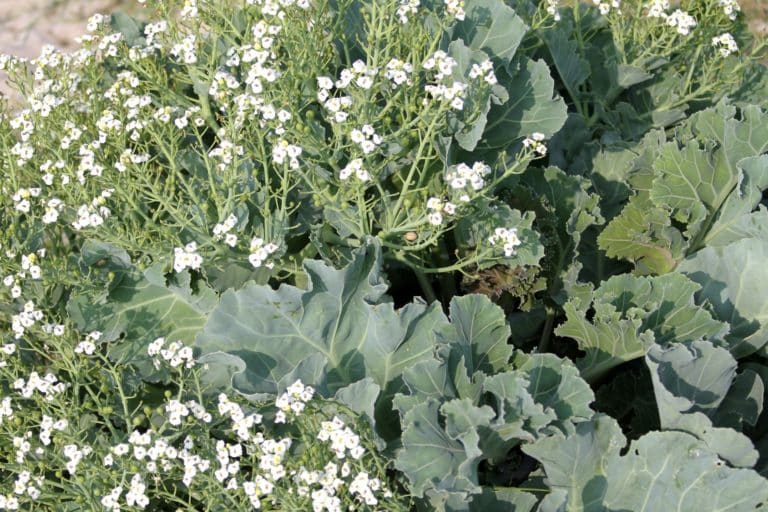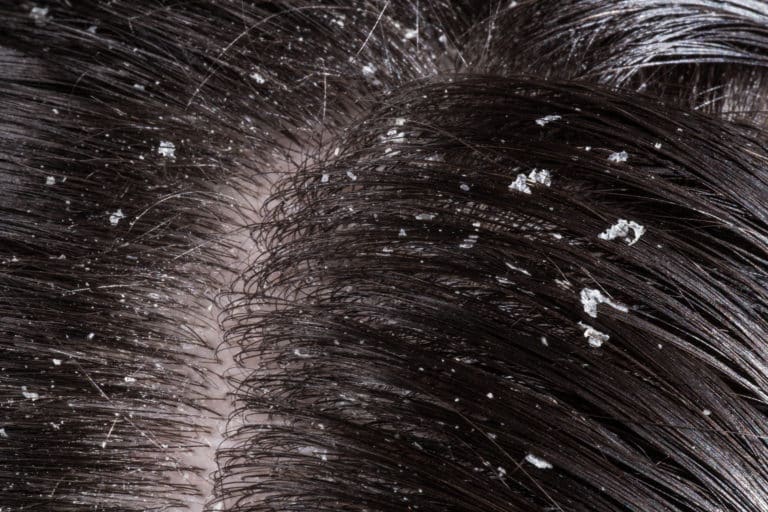Copoazu Butter
Copoazu (cupuaçu) , like the cacao tree, belongs to the mallow family and the genus Theobroma and is common in the Amazon region. Its botanical name, Theobroma grandiflorum, refers to its large flowers, and these are not the only distinguishing feature. Copoazu means fruit of the gods. The cream-colored, sour-aromatic pulp is processed with sugar…
Corn poppy (Papaver rhoeas)
With its scarlet flowers, the poppy (Papaver rhoeas) is a fantastic eye-catcher in meadows and gardens. It originates from the eastern Mediterranean and was a typical companion plant in agriculture in earlier times. However, due to improved seed cleaning and increasing chemical weed control, it is now much less common in fields. Larger stands can…
Cosactive raw material management
Cosactive raw material management solves your problems, because in recent years, the cosmetics industry in Europe has been confronted with drastic price increases for raw materials. Surcharges of 60–80 % are no longer an exception, which poses immense challenges for many manufacturers. In order to remain competitive in this dynamic market, innovative and safe solutions…
Cosmetics seal
Cosmetic seal is like a quality item. Just as in the food industry, there are also seals in the cosmetics industry. All of them promise different things. Be it natural cosmetics, vegan, fair trade or suitable for allergy sufferers and much more. Label-online checks these seals for claims, independence, control and transparency, because not every…
Cosmetics without palm oil
Palm oil-free cosmetics are on the rise The production of palm oil has increased dramatically in recent decades. More than 50 per cent of all products sold in supermarkets now contain either palm oil or palm oil derivatives. Whether in food, cosmetics or cleaning products, the oil from the fruit of the oil palm is…
Crambe oil
Crambe, also known as Abyssinian sea kale, is a plant from the cruciferous family. It originally comes from the highlands of Abyssinia (Ethiopia), but has now spread as far as Turkey. It is characterised by its white flowers, which are only a few millimetres in size and form loose clusters. However, only the seeds of…
Cucumis Sativus (Cucumber) Fruit Extract
In the past, even our grandmothers and mothers would place cucumber slices on their eyes to reduce or get rid of unpleasant puffiness after a restless night. Legend has it that even Cleopatra herself relied on fresh cucumber to maintain her flawless complexion. Modern research has confirmed that cucumbers, with their high water content of…
Dandruff
They are unpleasant and really embarrassing: dandruff. If the scales trickle down from the head onto the shoulders, they are usually immediately noticeable on clothing. But dandruff is by no means rare, quite the opposite. More than a third of all Europeans are plagued by this mostly cosmetic problem at least once in their lives.…
Davana Oil
Davana (Artemisia pallens) is a pretty little plant with delicate yellow flower heads and silvery-gray leaves that can grow about 60 centimeters tall. It belongs to the daisy family. Davana is also known as pale-leaved mugwort and is native mainly to the southern parts of India. The plant is botanically related to wormwood and tarragon…
Decapeptide-4: Innovation in Cosmetics
The cosmetics industry is rapidly evolving, with an increasing reliance on scientifically-based active ingredients to meet consumer demands. One of the most prominent raw materials in modern cosmetics is Decapeptide-4, a multifunctional signal peptide with impressive anti-aging properties. This article highlights the physico-chemical features, efficacy, pros and cons, and possible applications of this active ingredient…






